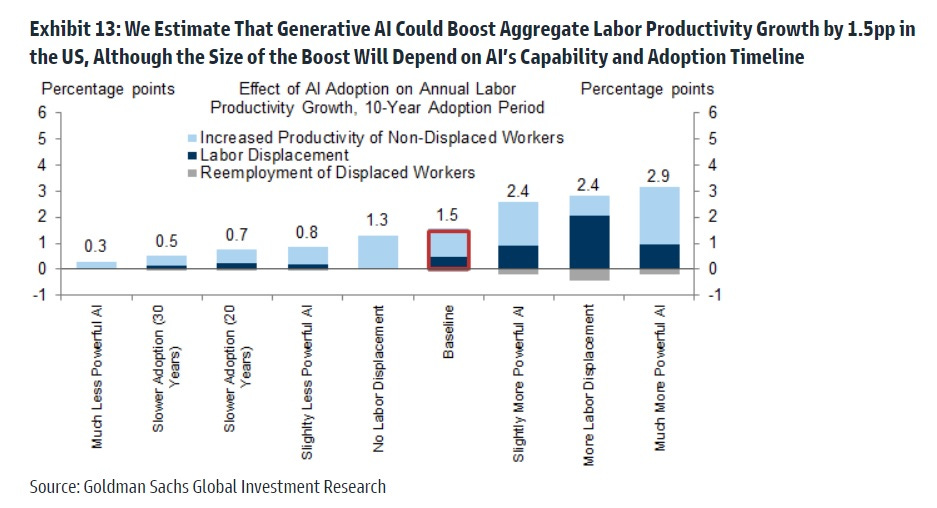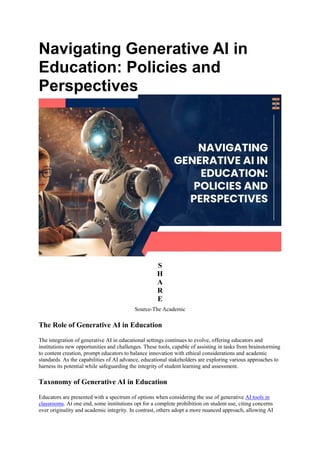Departments still lack unified ChatGPT policy, continue adapting to evolving landscape
It has been over a year since the University issued guidelines urging faculty members to establish rules regarding the usage of ChatGPT in their syllabi. Despite this, many academic departments are still without comprehensive department-wide policies concerning the use of generative artificial intelligence (AI).

Department-Specific Policies
The Daily Princetonian conducted an investigation reaching out to the heads of all departments offering undergraduate majors, revealing that only one department has a specific policy in place. The Department of Economics, under the leadership of Department Chair Mark Aguiar, has implemented generative AI policies for independent work within the department.
In an interview with The Daily Princetonian, Director of the McGraw Center for Teaching and Learning Kate Stanton highlighted that the University provides teaching memos to faculty each semester to offer guidance and insights for the upcoming term. Stanton mentioned that a recent memo included a recommendation to include a generative AI policy as part of the general teaching guidance.
Differing Approaches Across Departments
Upon speaking with professors from various departments, it became evident that there are differing approaches to generative AI between the humanities and STEM disciplines.
For instance, the Department of Economics mandates that students using generative AI must inform their advisors in writing, maintain records of usage, and take responsibility for any inaccuracies generated by AI systems.

In contrast, the Department of Anthropology lacks a specific policy, with Professor Glenn Shepard mentioning that professors are expected to establish sensible guidelines within their syllabi. Professor Agustín Fuentes, also from the Department of Anthropology, requires students to justify their use of ChatGPT and prohibits its use as a replacement for original writing.
Varied Approaches in Engineering Departments
Engineering departments, such as Operations Research and Financial Engineering (ORFE), have adopted a more liberal stance on generative AI usage. Lecturer Ioannis Akrotirianakis permits the use of ChatGPT and other AI tools but advises against their usage due to the potential for providing incorrect solutions, particularly in math-intensive courses.
While there are no ORFE-specific policies beyond general University guidelines currently in place, discussions on the topic are expected to take place during upcoming faculty meetings.
Embracing or Remaining Skeptical
While some professors have embraced ChatGPT and generative AI tools for educational purposes, others like Akrotirianakis remain cautious and encourage students to exercise their own judgment when utilizing such technologies.

As departments grapple with the integration of generative AI into academic settings, the need for coherent and unified policies becomes increasingly apparent to ensure ethical and effective usage of these innovative tools.




















